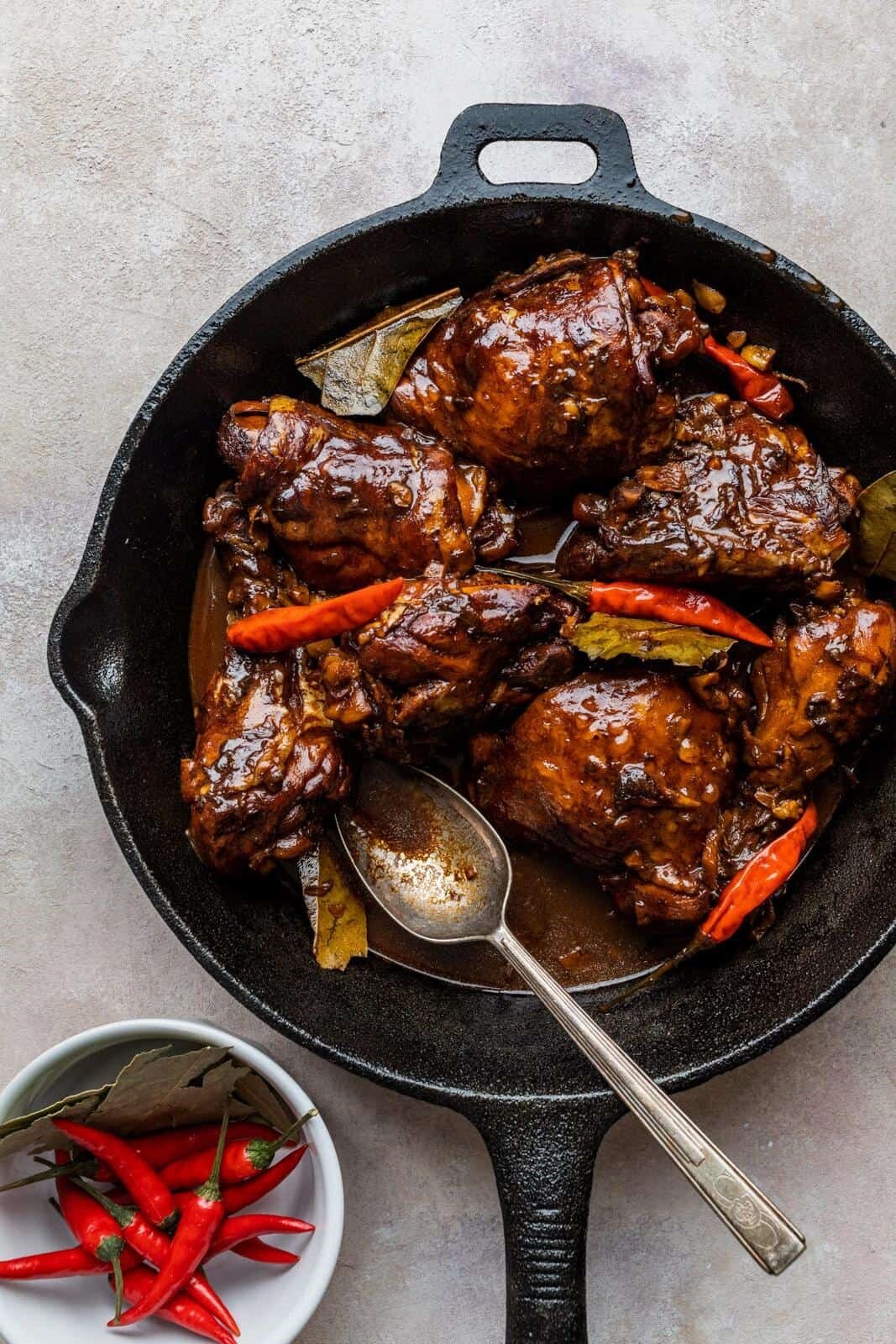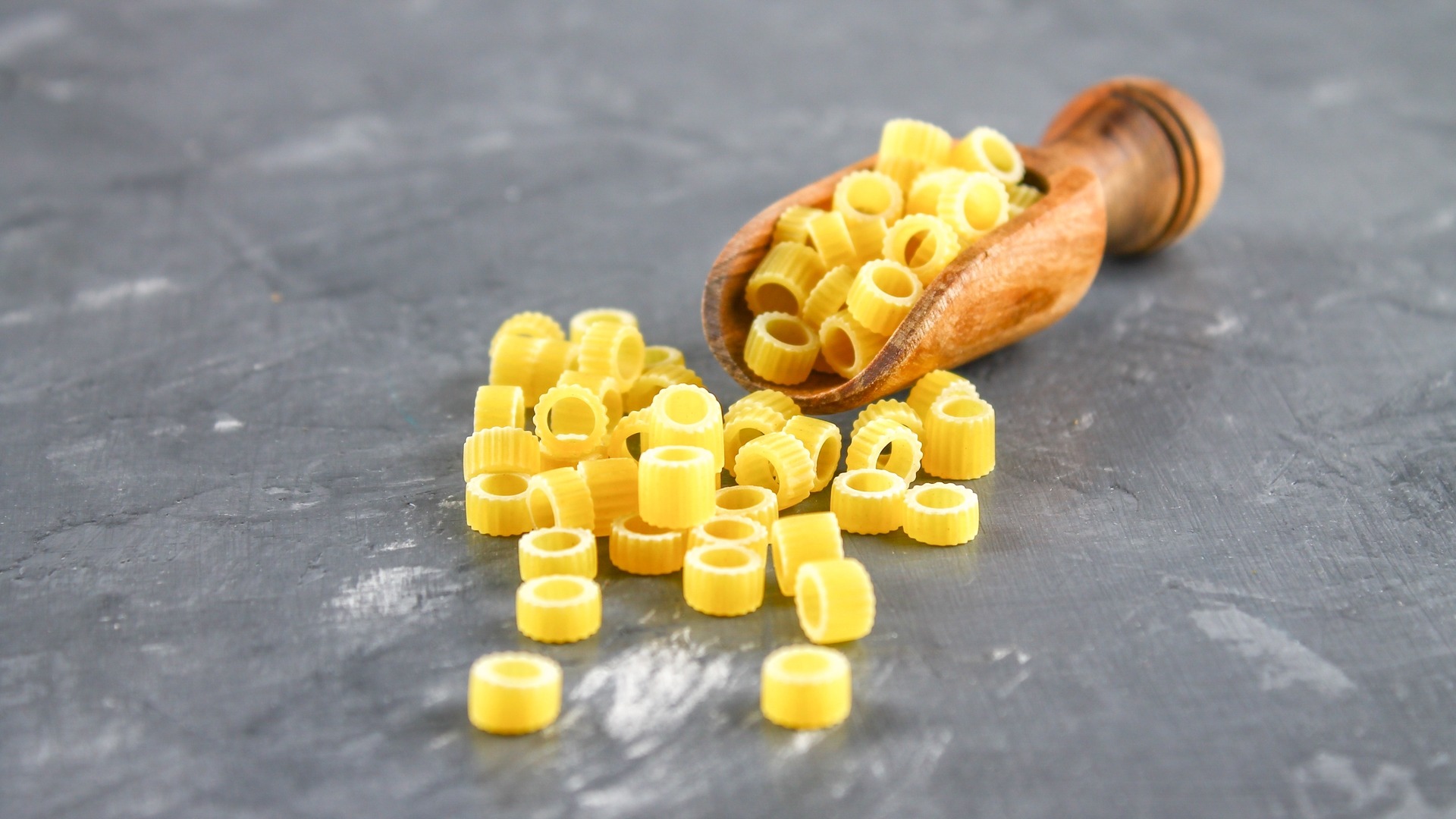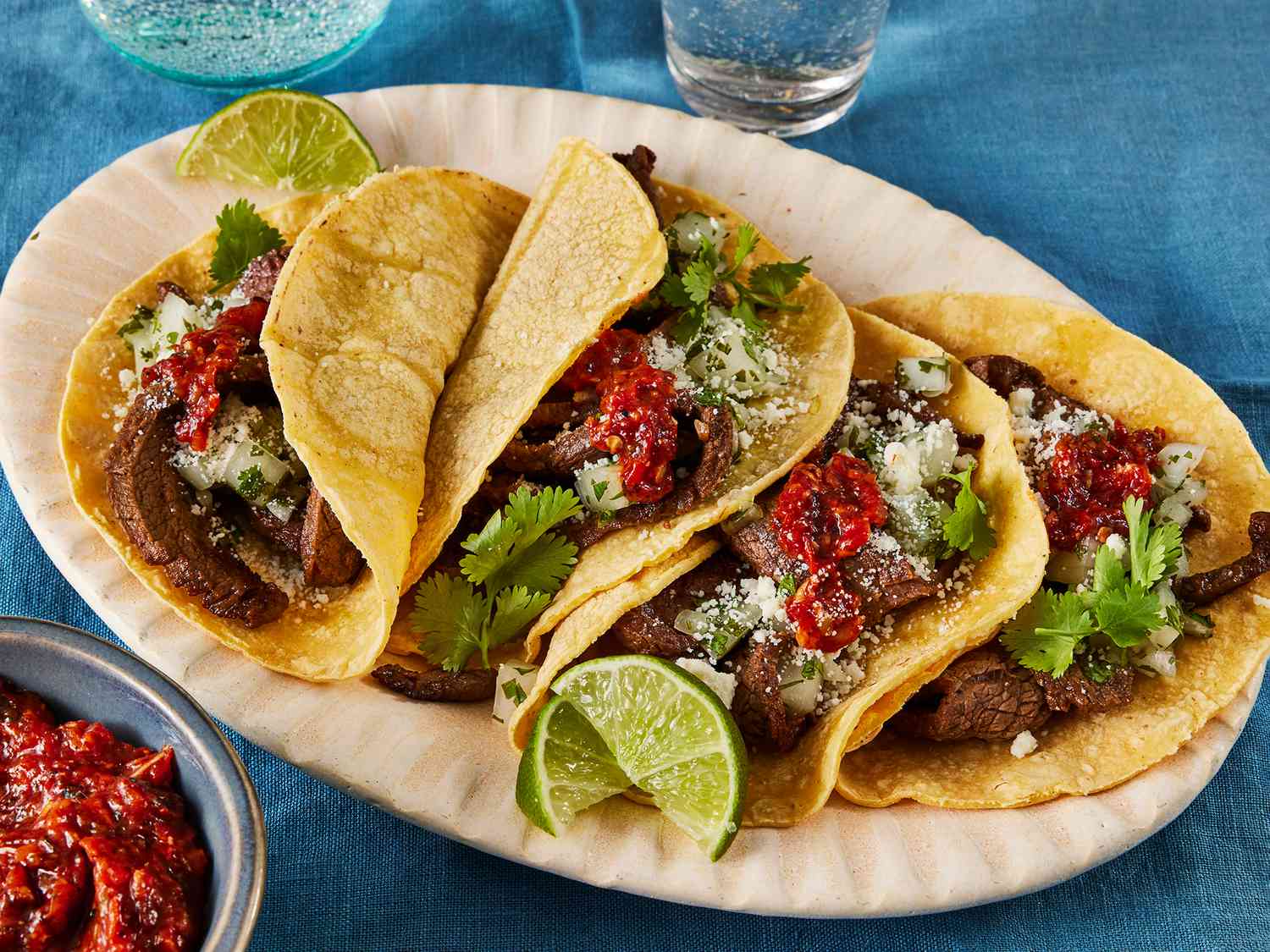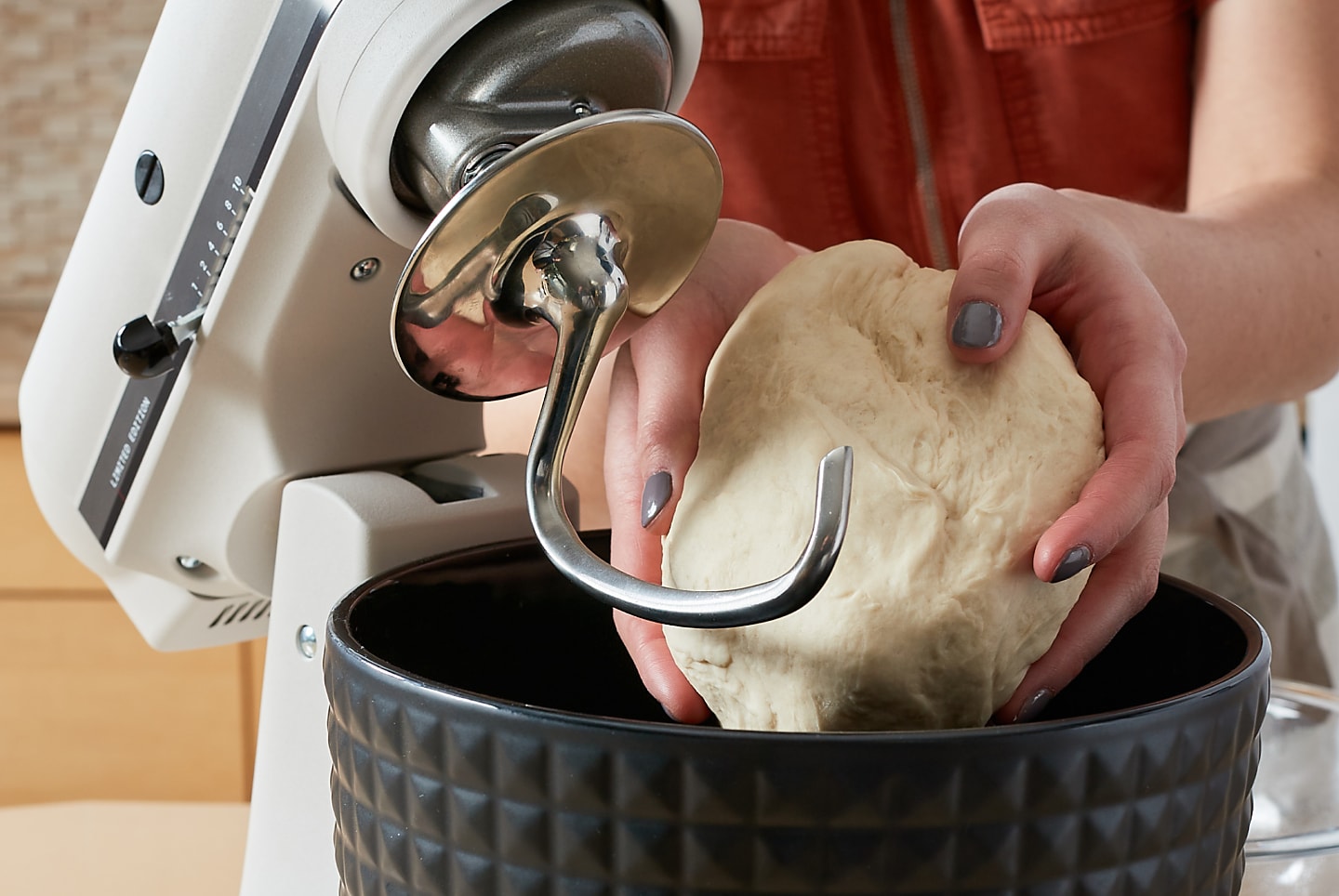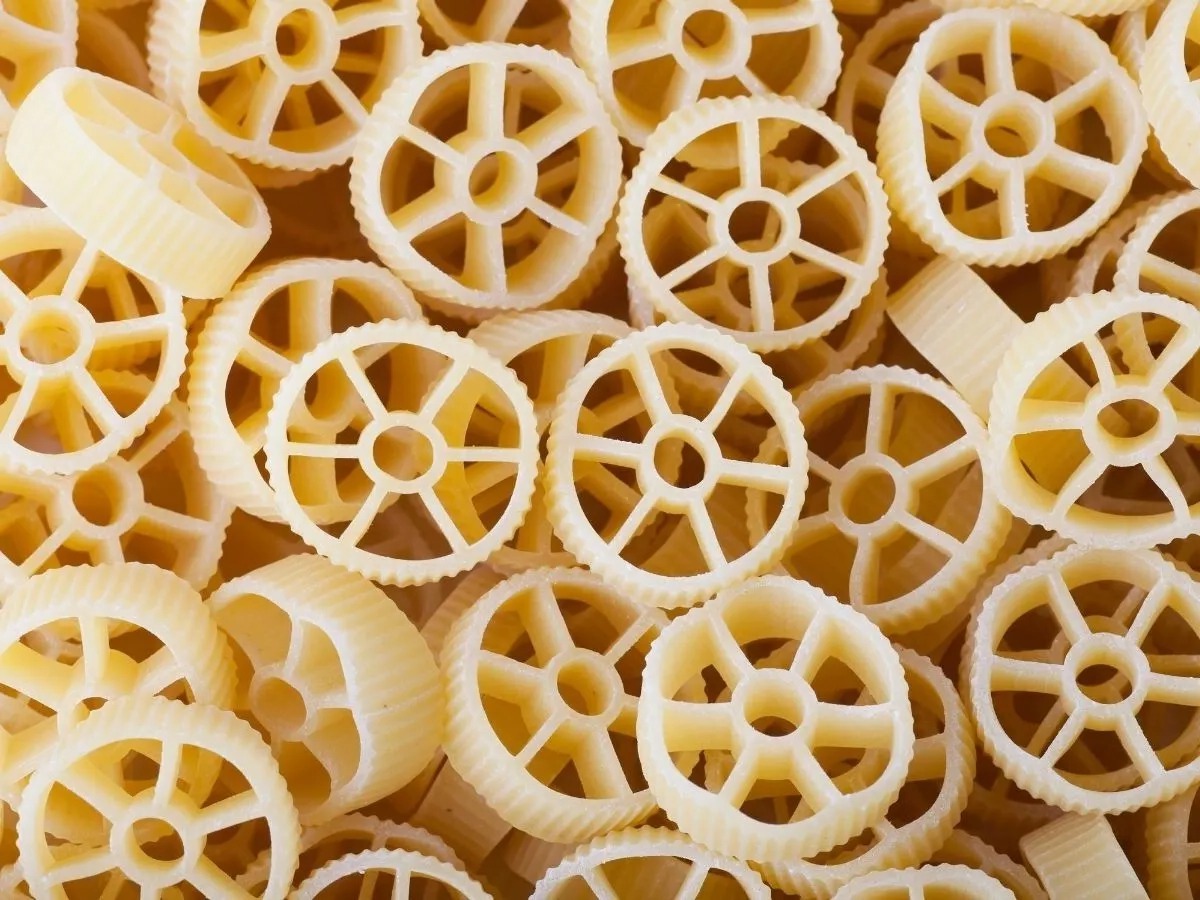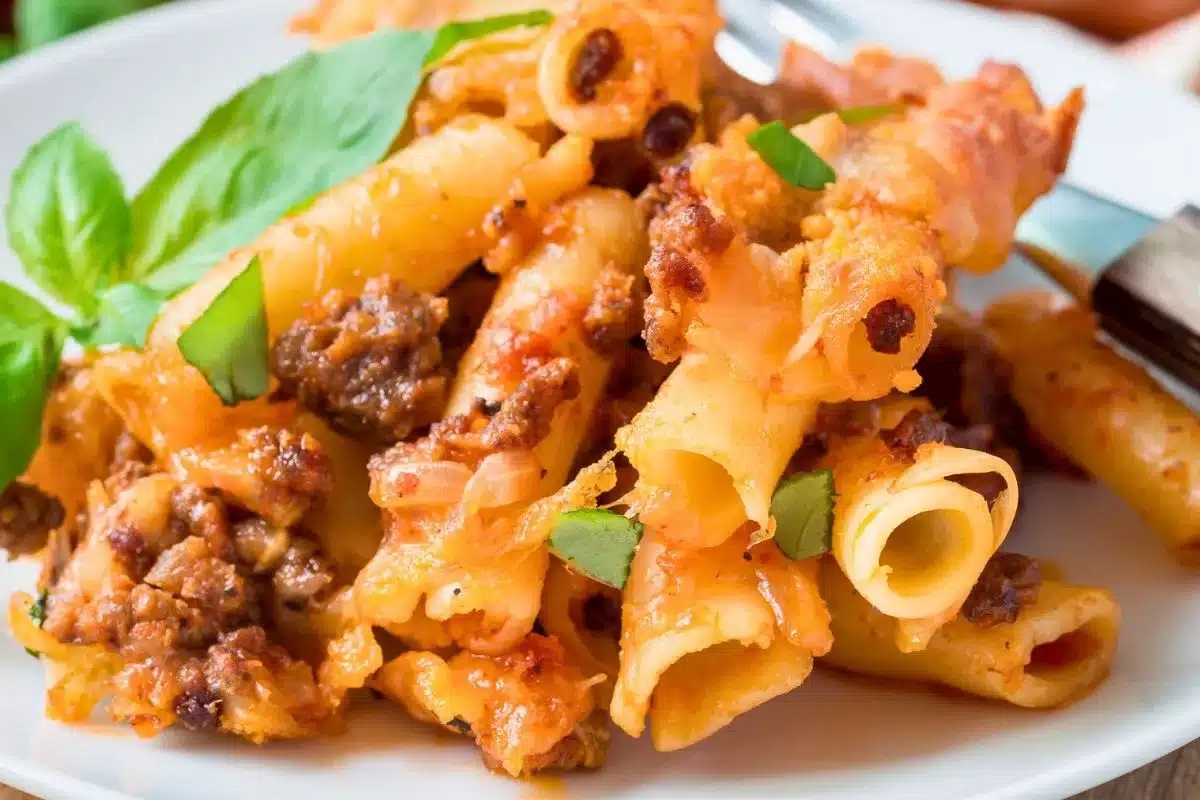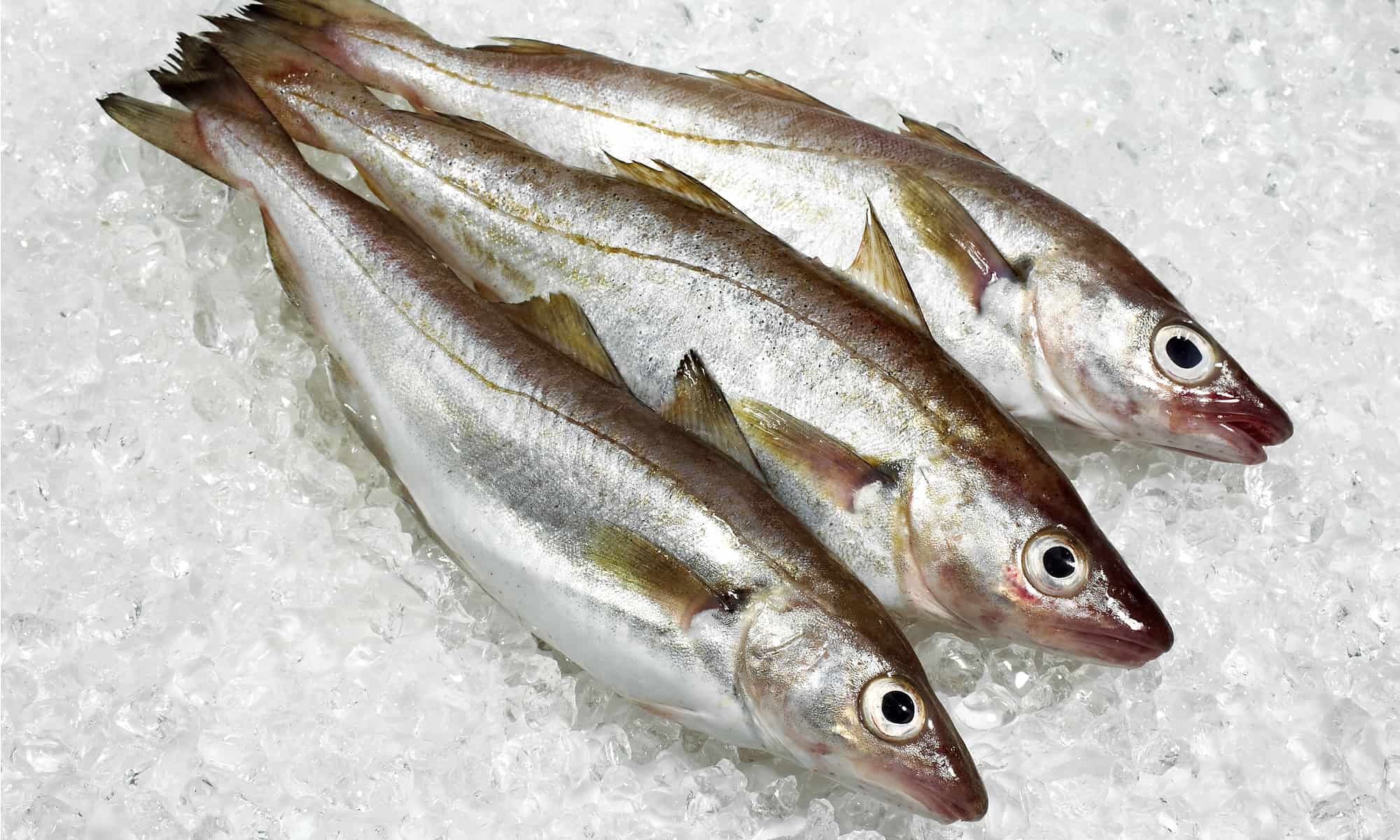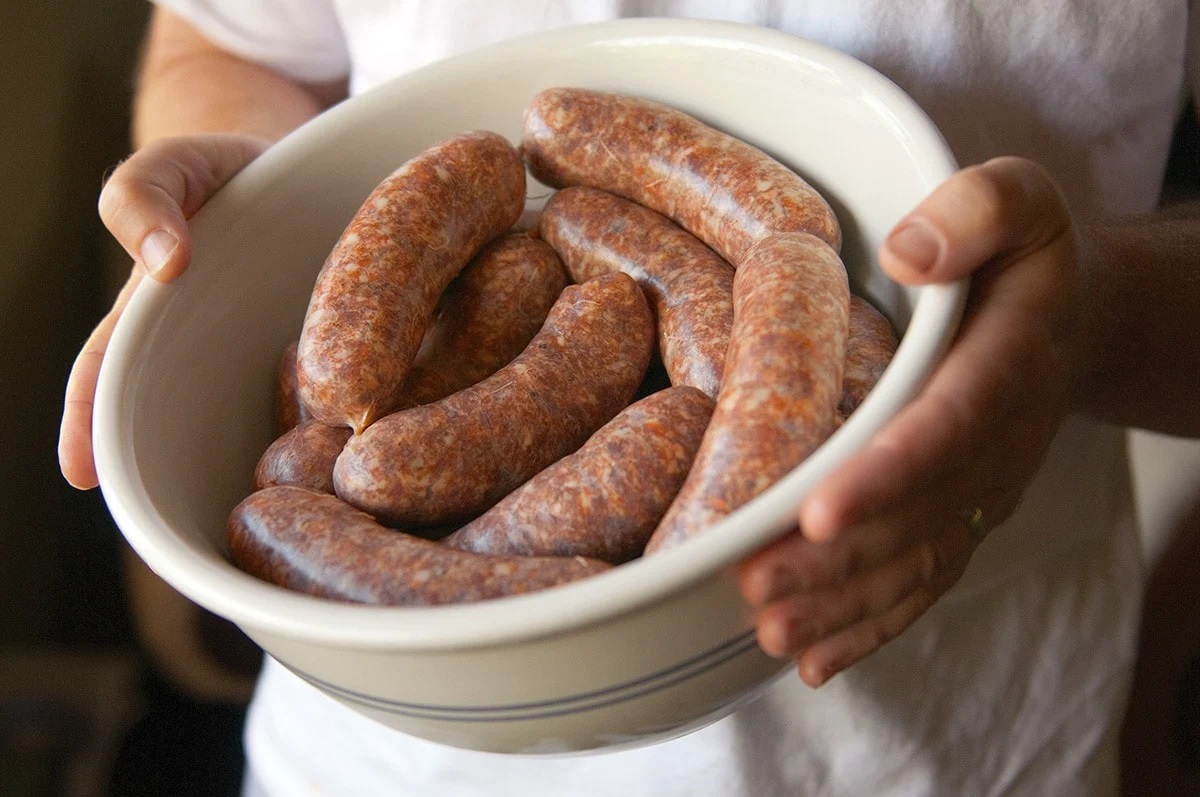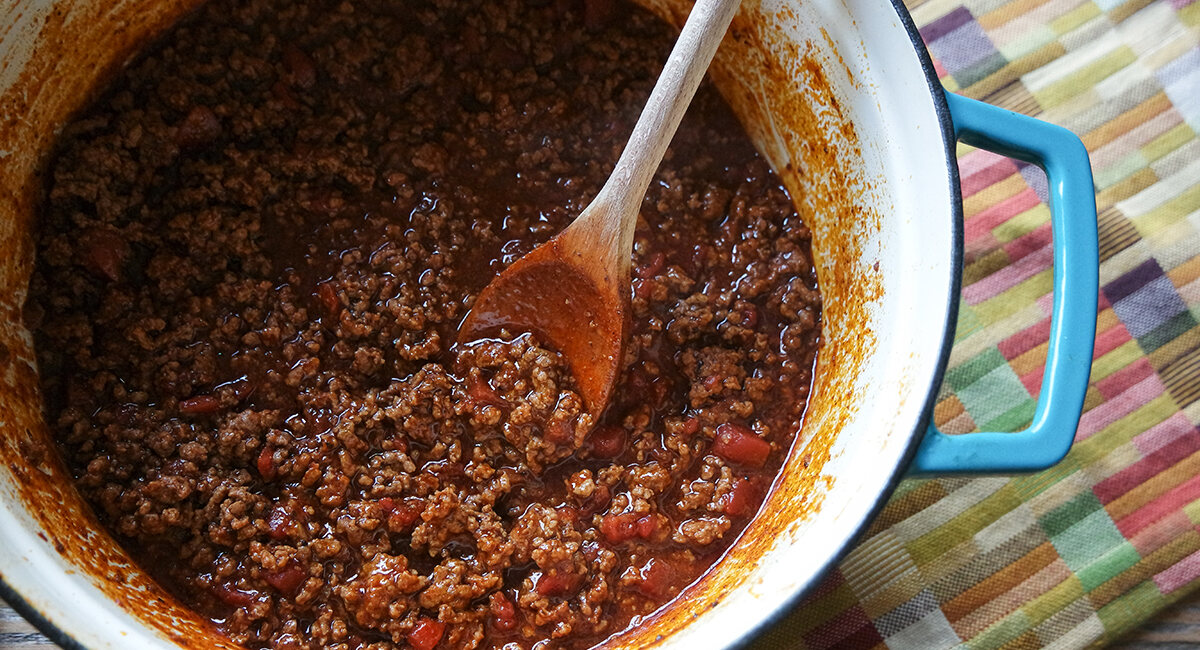When it comes to fresh and flavorful greens, rucola is a popular choice in many kitchens. Also known as arugula, rocket, or roquette, rucola is a leafy green that adds a peppery kick to salads, sandwiches, and other dishes. But what exactly is rucola, and why should you consider adding it to your culinary repertoire? Let's explore the origins, nutritional benefits, and versatile uses of this vibrant green.
Origins of Rucola
Rucola has been cultivated and consumed for centuries, with its origins traced back to the Mediterranean region. It is believed to have been used in culinary applications as far back as Roman times. Today, rucola is grown and enjoyed in various parts of the world, including Europe, North America, and Asia.
Nutritional Benefits
Despite its delicate appearance, rucola packs a nutritional punch. This leafy green is an excellent source of vitamins and minerals, including:
- Vitamin K: Essential for blood clotting and bone health.
- Vitamin C: An antioxidant that supports immune function.
- Folate: Important for cell division and DNA synthesis.
- Calcium: Vital for bone health and muscle function.
In addition to these nutrients, rucola is low in calories and carbohydrates, making it a great choice for those looking to maintain a healthy diet.
Culinary Uses
Rucola's distinctive peppery flavor makes it a versatile ingredient in the kitchen. Here are some popular ways to incorporate rucola into your meals:
- Salads: Rucola's bold flavor adds depth to salads, especially when paired with sweet or tangy dressings and toppings like nuts, fruits, and cheese.
- Sandwiches and Wraps: Use rucola as a flavorful alternative to traditional lettuce in sandwiches and wraps for an extra kick of flavor.
- Pesto: Blend rucola with garlic, nuts, cheese, and olive oil to create a vibrant and flavorful pesto sauce.
- Pizza Topping: Add fresh rucola leaves to your pizza after it comes out of the oven for a peppery, fresh finish.
Growing Your Own Rucola
If you're interested in cultivating your own rucola, you'll be pleased to know that it's relatively easy to grow. Rucola thrives in cool weather and can be grown in containers or directly in the ground. With the right conditions and minimal care, you can enjoy a steady supply of fresh rucola for your culinary creations.
In Conclusion
Rucola, with its rich history, nutritional benefits, and culinary versatility, is a valuable addition to any kitchen. Whether you're a fan of bold flavors or simply looking to enhance the nutritional profile of your meals, rucola is a leafy green worth exploring. So, the next time you're at the grocery store or farmers' market, consider picking up a bunch of rucola and get creative in the kitchen!
Was this page helpful?
Read Next: What Is A Substitute For Cottage Cheese?
